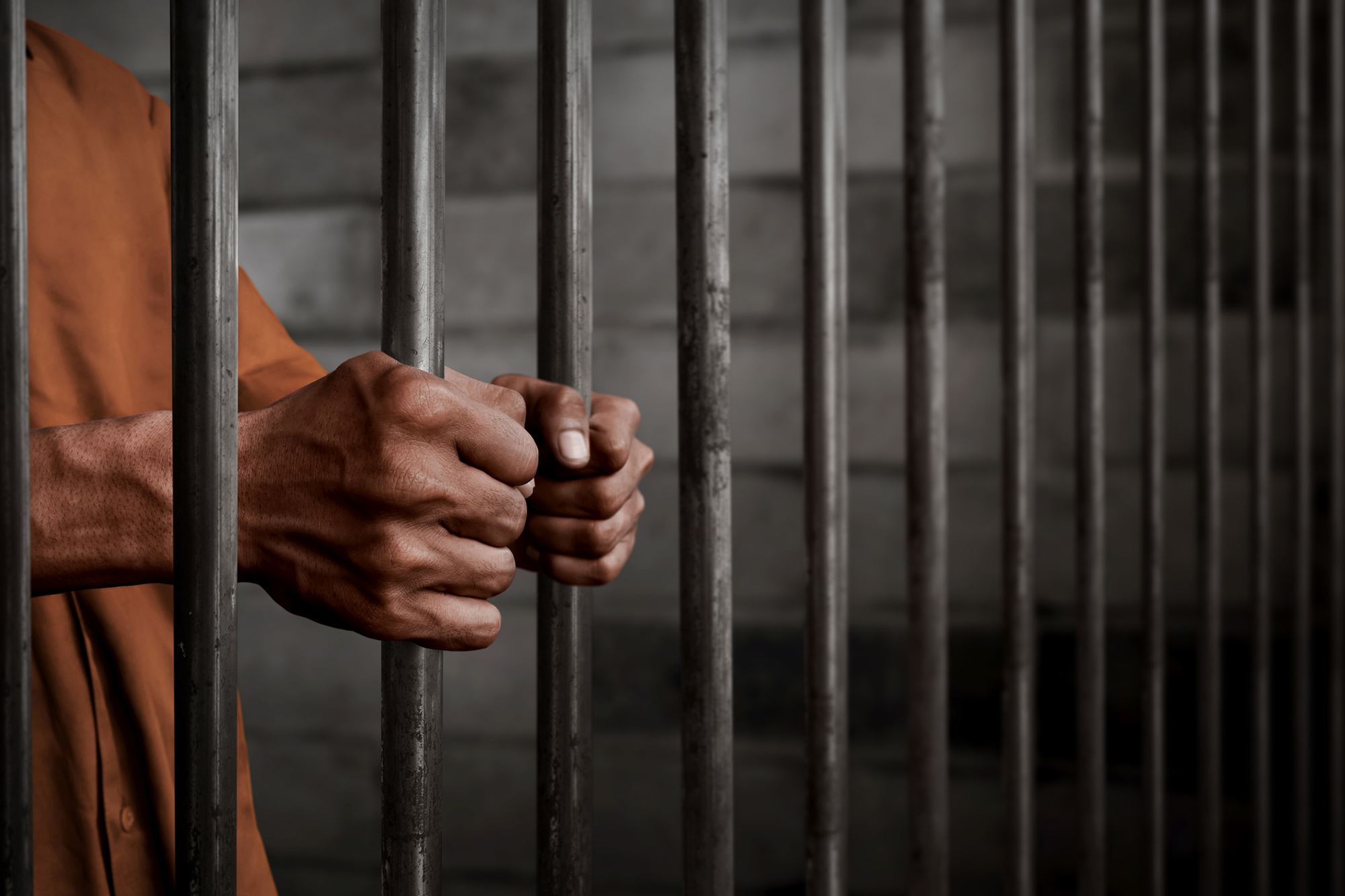
AUSTIN, Texas (BP) — After the U.S. Supreme Court granted a stay of execution to a Buddhist prisoner in Texas, the state moved to restrict the religious exercise of all death row inmates. Chaplains can now watch executions from the viewing room, but they will no longer be allowed to accompany condemned prisoners to their deaths, the state announced last week.
Previously, Texas law only allowed chaplains who had gone through extensive vetting to attend executions. Only Christian or Muslim chaplains were available at the time Patrick Henry Murphy was scheduled to be put to death in March. Murphy, 57, escaped from a Texas prison in 2000 with several other inmates and committed a burglary during which a police officer was shot and killed. While on death row for that offense, Murphy became a Buddhist and asked for his spiritual adviser to attend his execution.
The Supreme Court on March 25 ruled 7-2 that Texas could not execute Murphy without allowing his spiritual adviser or another member of the Buddhist clergy to be present. Justices Neil Gorsuch and Clarence Thomas dissented.
In his concurring opinion, Justice Brett Kavanaugh said government could let chaplains of all religions in the death chamber or none.
“What the state may not do, in my view, is allow Christian or Muslim inmates but not Buddhist inmates to have a religious adviser of their religion in the execution room,” he wrote. Kavanaugh’s opinion is nonbinding, and it’s not clear whether his proffered solution of relegating all chaplains to the viewing room satisfies the majority ruling of the court that the state could not execute Murphy unless a Buddhist reverend was present. Texas officials had not rescheduled Murphy’s execution as of April 9.
Luke Goodrich, legal counsel with the religious liberty defense firm Becket, called Texas’ new chaplain rule a problematic example of “leveling down.”
When a Buddhist asked for the same right as a Christian or a Muslim, “instead of leveling up and broadening the accommodation for the Buddhist, the government has leveled down and eliminated the accommodation for everybody.” he said. “If the court allows them to do that here, it may have really bad ramifications for religious freedom in other places, too.”
Another prison chaplain case is winding its way through the courts in Alabama. Charles L. Burton Jr., a Muslim, filed suit on April 4 against the Alabama Department of Corrections for only allowing the Christian chaplain employed by the prison to be in the execution chamber.
Goodrich said that while prisoners lose their civic rights, they do not forfeit their human rights.
“When the government interferes with the ability of someone to act on their conscience without having a really good reason for doing so, it’s treating us as less than fully human,” he said. “We don’t allow the government to torture prisoners because of their crime. And the reason is that that’s an assault on their human dignity. And in the same way, gratuitous, arbitrary restrictions on religious practices of prisoners are also an assault on human dignity.”
Texas has butted heads with prisoners over religious liberty in the past. Goodrich said Becket has litigated several cases against the state, most of which it won. Texas lost a case at the U.S. District Court level last month brought by three male Native American inmates who wanted to grow their hair long as an expression of religious belief.
















